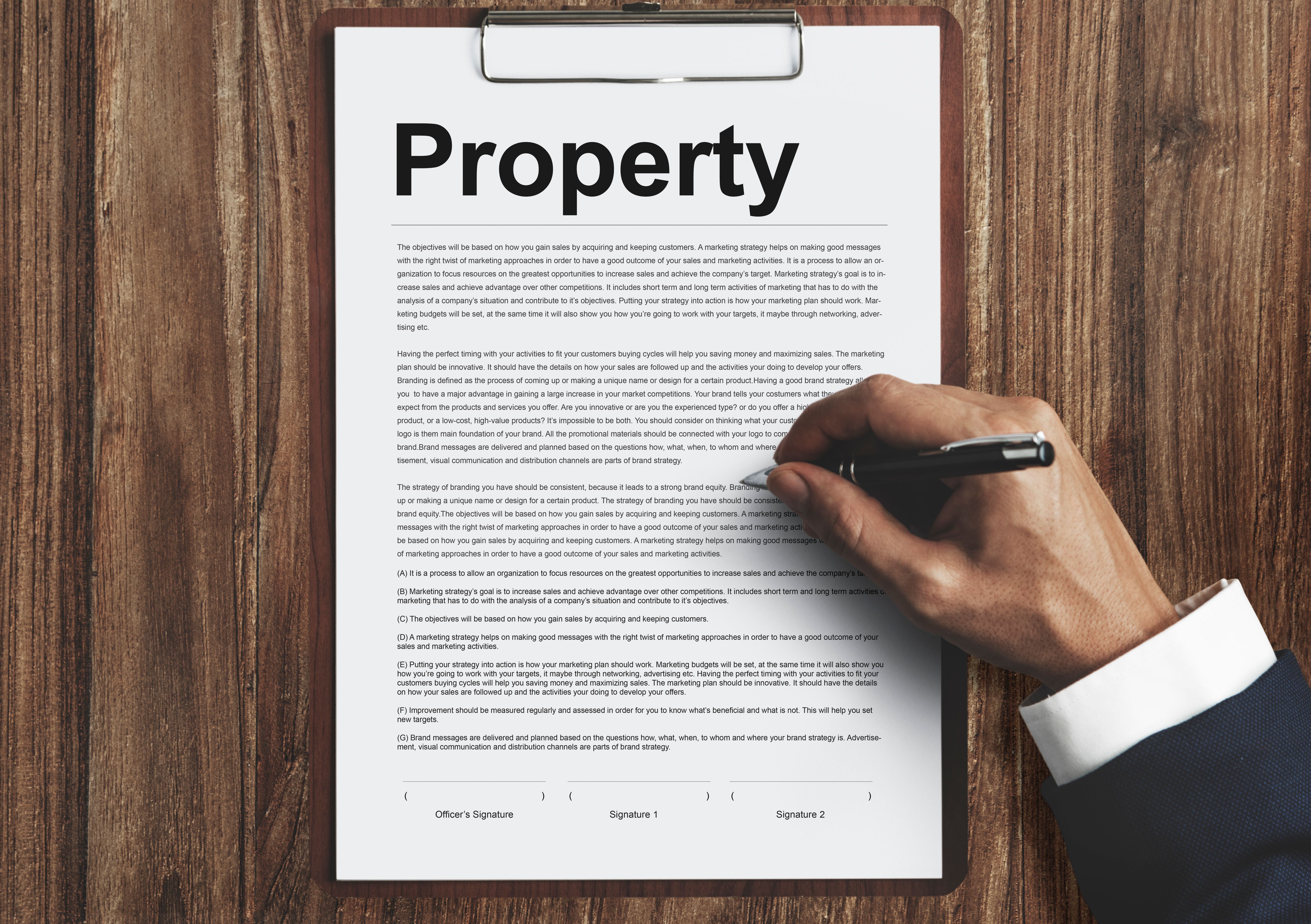Avoid costly mistakes when buying property in Kenya. Secure your investment with expert tips. Read more now!
Investing in property back home is a dream for many Kenyans in the diaspora. It offers a sense of security, a potential revenue stream, and a way to stay connected to Kenya. However, many diaspora investors fall into common pitfalls that can lead to financial loss, legal battles, or disappointments. Here are the top 10 mistakes you should avoid when buying property in Kenya:
Many investors trust verbal agreements or incomplete documentation, only to realize later that the property was fraudulently sold or had ownership disputes. Always verify the land’s title deed at the Ministry of Lands and ensure it has no legal encumbrances .
While it’s common to entrust family or friends to handle the property purchase, this can lead to mismanagement, misrepresentation, or outright fraud. Always engage a professional real estate agent or lawyer to oversee transactions.
A common mistake is assuming that a seller’s lawyer can represent both parties. Always hire an independent real estate lawyer to review agreements, conduct due diligence, and ensure compliance with Kenyan property laws.
Many diaspora investors buy properties without physically inspecting them. This can lead to issues such as purchasing non-existent property, land in restricted areas, or land with poor infrastructure access. If you cannot visit, hire a trusted real estate consultant to do so on your behalf.
Buying land without checking its zoning regulations can lead to challenges, such as being unable to develop the property as planned. Confirm with county government offices whether the land is residential, commercial , or designated for special use.
If a deal seems too good to be true, it probably is. Some con artists prey on diaspora investors by offering land at below-market prices. Always compare market rates and verify property legitimacy before committing funds.
Many investors overlook transaction costs such as legal fees, stamp duty, and land rates. Additionally, if you plan to earn rental income, you must comply with Kenya Revenue Authority (KRA) tax obligations to avoid future penalties.
A verbal agreement or a basic contract may not be legally binding. Ensure a comprehensive sales agreement is drafted by a lawyer, clearly outlining the terms, payment plan, and penalties in case of a breach.

Some buyers assume possession without officially transferring ownership. This can lead to legal complications. Always ensure the title is transferred to your name immediately after full payment is made.
For those buying property for rental income, failing to engage a reliable property management company can result in poor maintenance, tenant issues, and revenue losses. A professional manager ensures your investment remains profitable and well-maintained.
Investing in real estate in Kenya can be a rewarding venture if done correctly. Avoid these common mistakes by conducting thorough research, engaging professionals, and ensuring legal compliance. By taking these precautions, you can make your property investment a success and safeguard your hard-earned money.Invest with Roots Africa today, where we offer all this under one roof .An end-to-end solution that puts investors first.
🔗 Click here to start your journey and turn your investment dreams into reality! Or consult with us for free